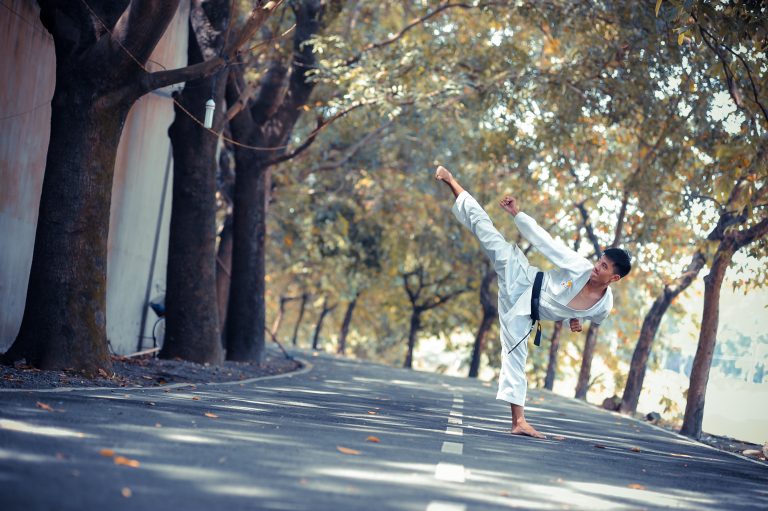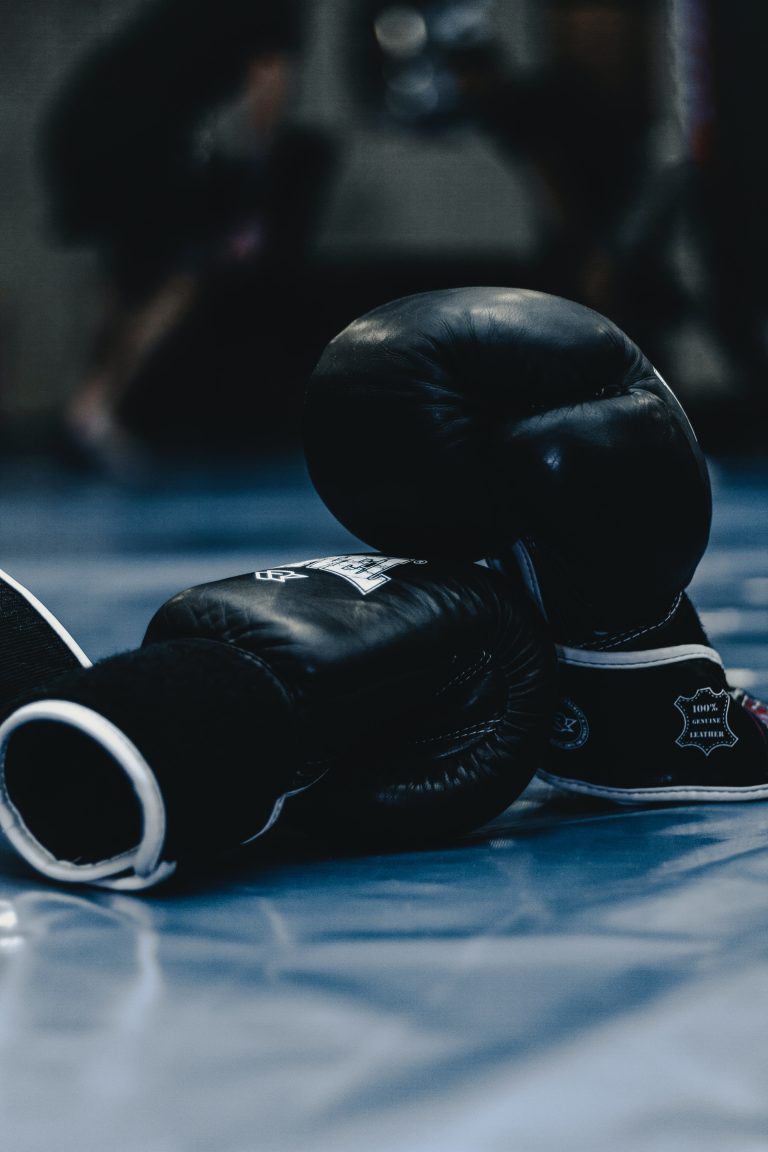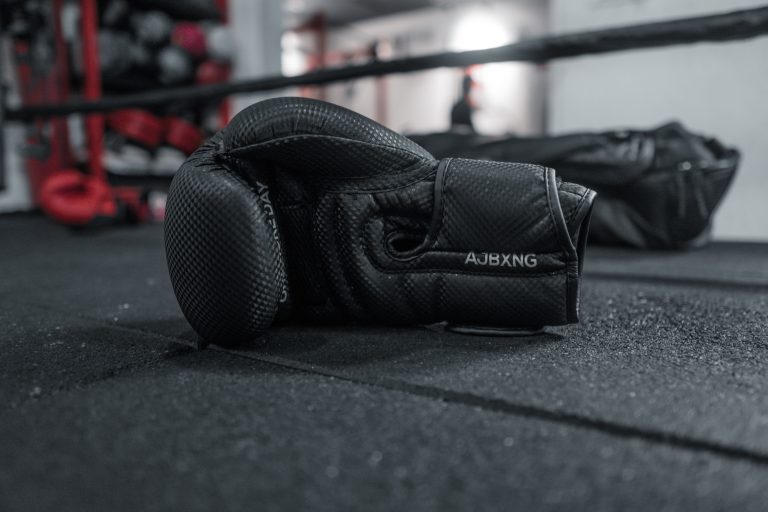How to Develop an Efficient Karate Training Program
Karate training encompasses various skills and techniques, including physical conditioning, sparring, and forms. To become a proficient martial artist, it takes diligent practice and discipline. As such, it’s essential to develop an efficient karate training program that will help you progress through the ranks and become a black belt. Here are some steps to help you build a useful training program that suits your needs.
Identify Your Goals
Before developing a training plan, it’s essential to identify your goals. What do you want to achieve from karate practice? Do you want to improve your fitness, learn self-defense, or compete? Understanding your motivations will help you focus your training and develop a program that aligns with your goals.
Create a Schedule
Once you have identified your goals, create a training schedule that works for you. Consider your availability and lifestyle when creating a schedule. How many times a week can you train? How long can you devote to each training session? Creating a realistic schedule ensures that you stay motivated and committed to your training program.
Warm-up and Cool-down
Like any physical activity, warming up and cooling down are crucial in karate training. A proper warm-up routine should include stretching, aerobic exercises, and drills to prepare your body for the training session. Similarly, a cool-down routine should include stretches, slow movements, and breathing exercises to help your body recover and prevent injuries.
Focus on Fundamentals
Karate basics such as stances, strikes, and blocks are essential building blocks of the martial art. Practicing and perfecting these fundamentals should form the core of your training program. When practicing basic techniques, focus on executing them correctly and efficiently, and gradually increase your speed and power.
Include Sparring
Sparring is an essential component of karate training as it tests your skills in a controlled environment. Incorporate sparring sessions in your training program to develop your reflexes, timing, speed, and accuracy. Sparring also helps you evaluate your progress and identify areas that need improvement.
Use Variety in Your Training Exercises
Include a variety of exercises in your training program to prevent boredom and maintain your motivation. You can incorporate drills, strength and conditioning exercises, and partner work to challenge your skills and prevent plateauing.
Track your Progress
It’s essential to track your progress in your training program to evaluate your success and identify areas to improve. Keep a training journal that records your goals, the exercises you perform, and progress made in each session. The journal can help you adjust your program, keep motivated, and celebrate milestones.
In conclusion, developing an efficient karate training program takes effort and planning, but with a well thought out program, you can attain your goals and progress as a martial artist. Remember to warm-up and cool-down, focus on fundamentals, include sparring, use variety, and track your progress. With consistent and dedicated practice, you’ll become a skilled karate practitioner in no time.
How to Develop an Efficient Karate Training Program: Answers to FAQs
Karate, like any other martial art, requires dedication, focus, and proper training to master. A well-structured training program not only helps in developing the necessary skills but also prevents injuries and burnout. If you are a beginner or looking to improve your training program, here are some frequently asked questions and answers that can assist you.
1. What Are the Essential Components of a Karate Training Program?
A karate training program should include the following components:
Warm-Up and Stretching
Begin each session with a warm-up and stretching routine. This helps in raising the body temperature, increasing flexibility, and reducing the risk of injury. The warm-up can include light jogging, jumping jacks, or skipping, while the stretching routine may involve static and dynamic stretches.
Technique Training
The technique training involves learning and practicing karate strikes, kicks, blocks, and movements. It is crucial to learn the proper form and technique as they play a vital role in the effectiveness of the attack or defense.
Conditioning and Strength Training
Karate demands strength, speed, and endurance. Therefore, a karate training program should include conditioning exercises and strength training, including push-ups, sit-ups, squats, and lunges.
Sparring and Kumite
Sparring and Kumite involve real-time application of the techniques learned in training. It helps in enhancing reaction time, reflexes, and decision-making skills.
2. How Often Should I Train?
The frequency and duration of training depend on one’s personal goals, schedule, and experience level. Generally, beginners should train two to three times a week for 45 minutes to an hour per session. Advanced practitioners may train for longer durations and more frequently.
3. How Long Does It Take to Master Karate?
Karate, like any other skill, requires consistent practice and dedication to master. The time required to master karate varies based on one’s natural abilities, training frequency, and experience level. On average, it may take three to five years to earn a black belt and ten years or more to achieve mastery.
4. Can I Train at Home?
While training at a dojo is ideal, home training can supplement dojo training. However, it is essential to have a designated space that is safe and free from distractions. Additionally, online resources, such as videos and tutorials, can provide guidance and support for home training.
5. How Do I Avoid Injury during Training?
Injuries can occur during karate training, but they are preventable. Here are some tips to avoid injuries:
– Always warm up and stretch before training
– Use proper gear, such as hand wraps, mouthguards, and shin guards
– Listen to your body and avoid overexertion
– Learn and practice proper techniques
– Seek medical attention if injuries occur
6. How Can I Stay Motivated to Train?
Maintaining motivation is crucial to the success of any training program. Here are some tips to stay motivated:
– Set goals- short term and long term
– Vary the training routine- try new techniques and training methods
– Join a community- training with others can provide motivation and support
– Celebrate milestones and successes
– Remember the benefits of training- improved fitness, self-defense skills, and stress relief
In conclusion, a well-structured karate training program should include warm-up and stretching, technique training, conditioning and strength training, and sparring and Kumite. The frequency and duration of training depend on one’s personal goals and experience level. Consistent practice and dedication are essential to mastering karate. Home training can supplement dojo training, and injuries can be prevented by following proper techniques and precautions. Finally, maintaining motivation through goal-setting, community, and varied training can help in achieving success.
Inhaltsverzeichnis






